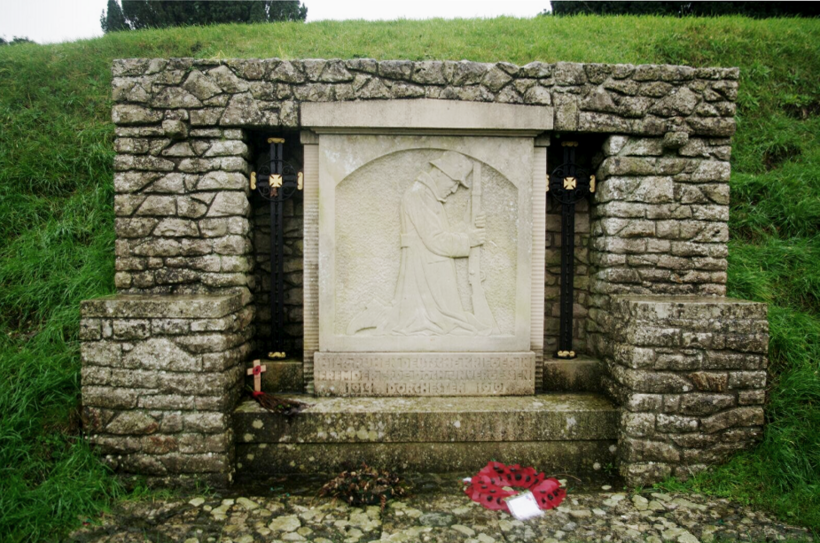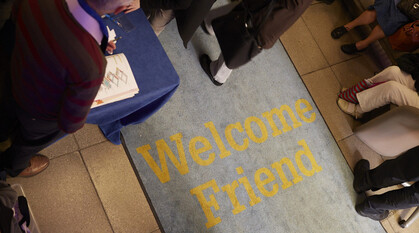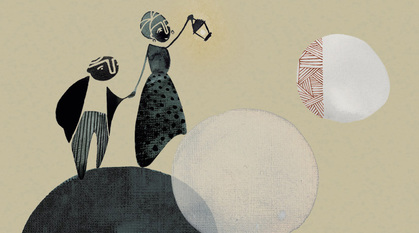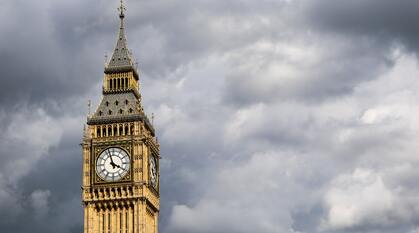Remembrance: why it matters
As Remembrance Day approaches, Marigold Bentley considers different stories of war and reflects on the reasons for remembrance.

As we enter the time of year when Britain again bows its head on Remembrance Sunday, let us look at why it is important to remember and celebrate the alternative stories.
Britain has experienced four years of commemorative events marking 100 years since
World War I, which for many of us have felt as if war were somehow glorious and to be celebrated. The emotional pull of the evocative music and images of soldiers from long ago attract many to wear a poppy and feel part of something honourable.
Many Quakers and others wear a white poppy in order to remember the victims of all wars, and those who refused to fight in those wars. The stories of the bravery of those people who challenged the requirement to join up and fight during those years of 1914-18 are vital to explore. They remind us that at all times through history there has been a moral voice shining through declaring that violence and killing is wrong, and that the human race does not need to engage in slaughter for social change to occur.
Quakers say 'deeds not creeds' and point out that there are always other ways of dealing with our differences across the nations and in our communities. Stories are a great way of empowering people to feel that we can make a difference as others have before us.
Dorchester's memorials
Dorchester, the Dorset town where I live, is a garrison town with a proud history of militarism. And during WWI, Dorchester hosted a large prisoner of war camp – at its peak, it held 9,000 non-commissioned officers and soldiers.
There are two religious services each year on Remembrance Sunday. One is held in the morning with military personnel at the town war memorial. The second is held in the afternoon, at a Portland stone memorial dedicated to 45 German soldiers who died while in Dorchester's prison camp. The memorial depicts a kneeling soldier with the Stalhelm steel helmet and Mauser rifle with the words (in German) "Here rest German soldiers in a foreign soil yet unforgotten".
The memorial was unveiled in October 1919. There were many Germans still in the town at that time, as they were not released until the terms of the peace had been agreed. Some say they stayed to help bring the harvest in, it being a rural shire town.
The memorial is testament to the fact that the German soldiers who were placed in Dorchester were not hated and the loss of their lives was a sadness for local people, alongside the sadness they felt for the loss of their own in the war.
Every year, the town band (in which I play) contributes to both events. The band also has a lively twinning relationship with a town band in Germany and we host, and are hosted, by our lovely fellow German bandspeople. The past is remembered as something not to be repeated and relationships are nurtured across the continent.
Why we remember
2020 will bring with it commemorative dates: 75 years since the liberation of Auschwitz, 25 years since the mass murder of 8,000 men and boys in Srebrenica. These will each be marked on Holocaust Memorial Day on 27 January. These events are remembered with sadness and ask us to recommit to treating one another with compassion and respect.
We are in fractious and challenging times. Every issue raised is seen as a reason for protest and argument. There are lots of reasons to be angry and to challenge the status quo but beyond the shouting, there has to be something more.
Our challenge is to remember in order not to repeat the mistakes made in the past. Remember to be thankful for those who lived an alternative vision of love and fellowship and bore the cost. Remember the promise made to those who died in WWI that it was to be the war to end all wars.
Our requirement as Quakers is to look at their stories and learn from them – implementing the lessons for us as living peacemakers of today. Whilst we look to stories of hope and courage from the past, we work on peacemaking of our own. We have a lot to do.


